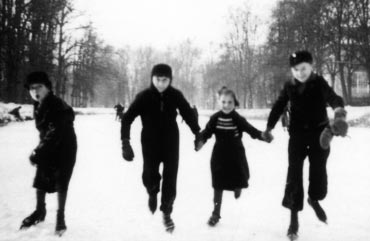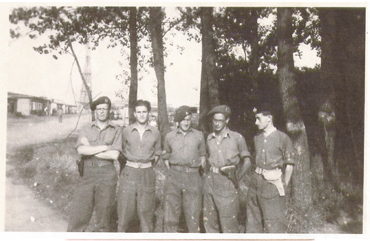Dorrith M. Sim – Life Before The War
Dorrith M. Sim – Life Before The War ☰ Life Before The War Life During The War Immigration Settling In Integration Reflection On Life Story Video Home Dorrith M. Sim Dorrith M. Sim – Life Before The War Listen to testimonyPop out player ⧉ 0:00 –:– Dorrit describes the events surrounding Kristallnacht and the Kindertransport.… Continue Reading Dorrith M. Sim – Life Before The War


